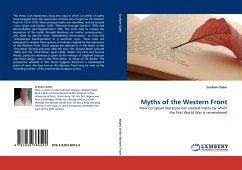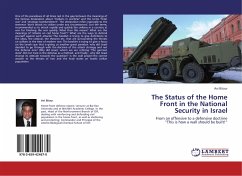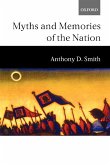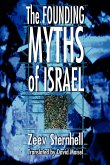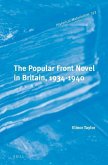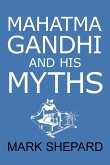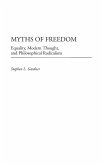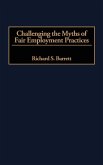This thesis is an exploratory essay into ways in which a number of myths have emerged from the experience of those who fought on the Western Front in 1914-1918. Three principal myths are identified, and are termed Loss, Anger and Futility (LAF), Renewal through Sacrifice (RTS) and Reconciliation and Regeneration (RR). The tools used to analyse the expression of the myths through literature are mythic consciousness , and myth as derived from remembered communitas , or from the retrospective transfiguration of a sacrificial crisis . These tools are employed to analyse three groups of writings inspired by the experience of the Western Front. These groups are referred to in the thesis as the First Wave (during and soon after the war), the Second Wave (around 1930) and the Third Wave (post-1990). Within the First and Second Waves, particular attention is given to the writings of Siegfried Sassoon and Ernst Jünger, and in the Third Wave, to those of Pat Barker. The perspective adopted in this thesis suggests that,from a mythological point of view, the lives lost on the Western Front may be seen as the founding murder of the present-day European Union.
Bitte wählen Sie Ihr Anliegen aus.
Rechnungen
Retourenschein anfordern
Bestellstatus
Storno

